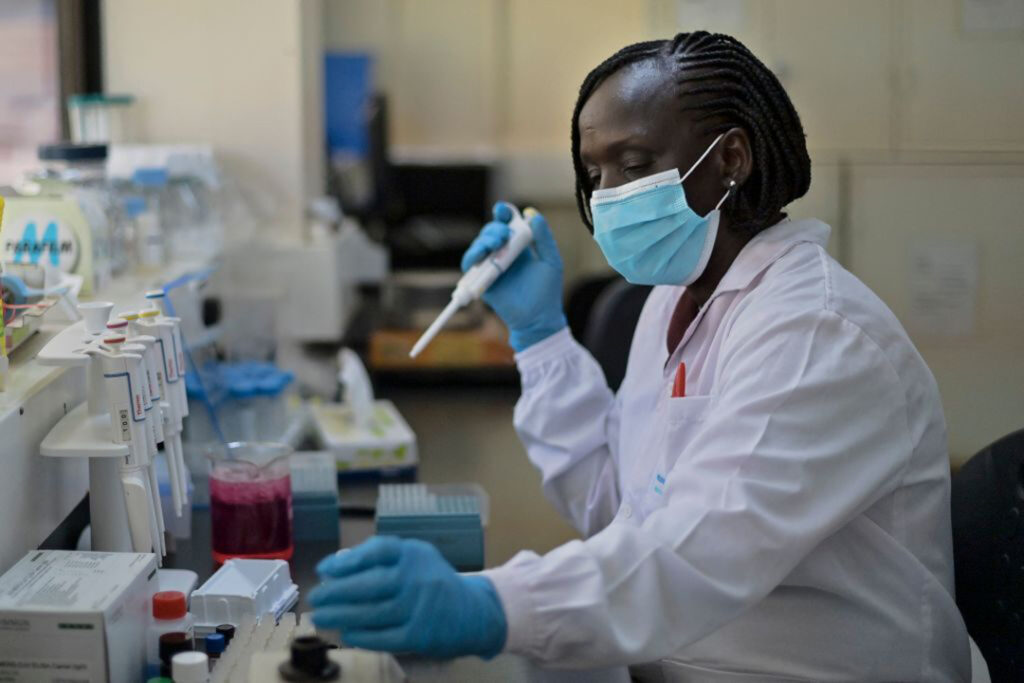ADF STAFF
West African scientists are saying the COVID-19 pandemic exposed the challenges they face in detecting and diagnosing infections.
They believe structural shortfalls must be addressed before another pandemic hits the continent, according to a statement by West African medical laboratory scientists at their recent CelebrateLAB gathering.
The communique at the end of the annual gathering echoes findings from other researchers looking at African nations’ laboratory capacity early in the pandemic. One study, conducted in April 2020, highlighted the lack of testing and the difficulty obtaining expensive PCR tests on the continent.
That study, published by researchers based in Kenya, predicted that poor testing and a lack of laboratory equipment could create misleading data about the spread of the virus, leaving countries ill-prepared to respond.
“Failure to grasp the true picture may mean crucial windows of opportunity shut unutilized, while limited resources are not deployed to maximum effect,” wrote researchers Francis Kobia and Jesse Gitaka of the University of Kenya.
Two years after the study, at their gathering Accra, Ghana, laboratory scientists agreed that the early trouble getting testing kits and diagnostic supplies hindered countries’ ability to respond accurately and authoritatively to the pandemic.
Along with laboratory supplies, personal protective equipment also had to be imported in large amounts since much of it could not be produced on the continent.
The CelebrateLAB attendees said the pandemic showed the need for “West Africa to work relentlessly towards achieving self-sufficiency in … diagnostic kits and materials, and other medical supplies.”
Attendees noted that the pandemic has put a spotlight on the value of lab-based diagnostics when it comes to tracking the spread of a disease and crafting public health guidance.
“The ability to ensure adherence to routine Standard Operation Procedures (SOPs) and documenting new guidelines for laboratory response during a pandemic is critical for areas such as chain of information, specimen collection and transportation, biosafety, and introduction of new products,” the attendees wrote.
Conference members urged West African governments to build expertise to expand the ability to manufacture pharmaceuticals in Africa, rather than depending on outside suppliers. The COVID-19 pandemic left many African countries competing on the global market for diagnostic materials and protective equipment.
As part of the preparation for the next pandemic, governments must invest in education, training, and certification of laboratory scientists along with building the diagnostic capacity of public health institutions across the continent.
Dr. John Nkengasong, former director of the Africa Centre for Disease Control and Prevention, has said the continent needs to more than quadruple its number of epidemiologists just to meet the current demand for disease surveillance.
Currently, Africa has about 7,000 epidemiologists and needs more than 30,000, he said.
“Training the right number of professionals with the highest level of expertise is essential in preparing West African health systems in readiness for future disease outbreaks,” the CelebrateLAB attendees stated.

